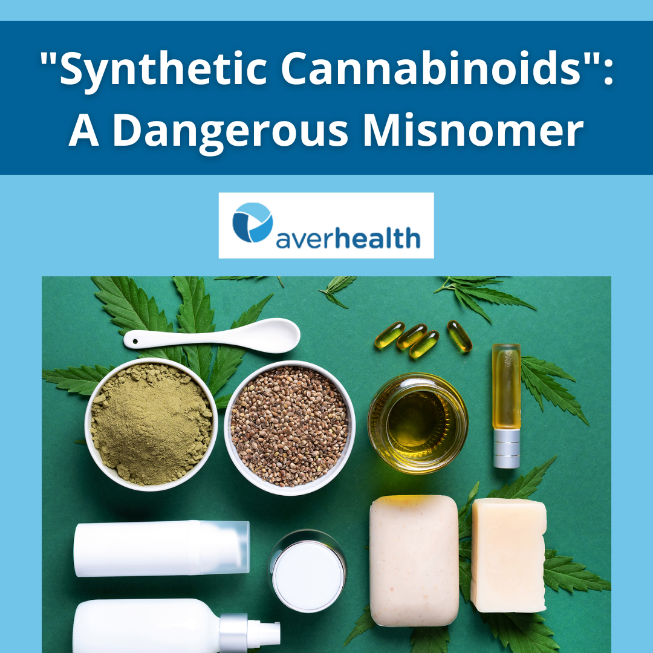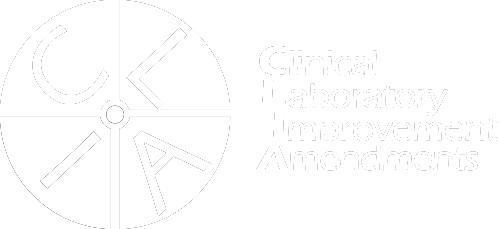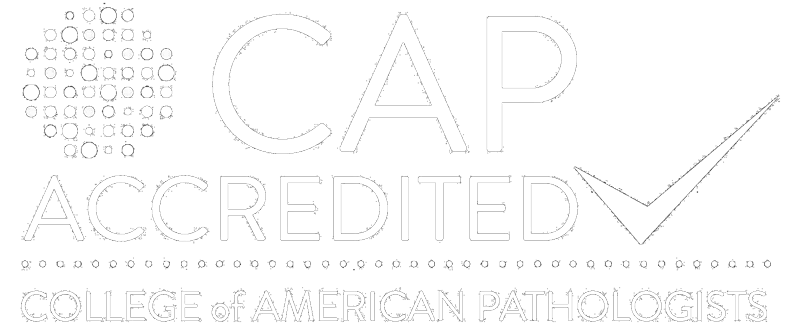
Synthetic Cannabinoid Receptor Agonists (SCRAs) are drugs designed to resemble cannabis both physically and in terms of their effects on the body. As of 2022, some of the most popular brands include Spice and K2. However, while linguistically linking SCRAs to cannabis might appear inconsequential, perpetuating these comparisons between the two drugs can be dangerous.
Physically, SCRAs are consumed in similar fashions to weed; they can be eaten in the form of edibles, vaped, or smoked after being “sprayed onto plant material” (CDC). Chemically, so-called “synthetic cannabinoids” mimic THC by binding to the same CB1 and CB2 receptors (Neptune). Because SCRAs typically possess a higher affinity for the CB1 receptor than THC found naturally in marijuana, SCRAs have more potent effects on the human body (Neptune). In fact, SCRAs can be between 10 to 100 times more potent than THC (NDARC). This means the potential for dangerous side effects is proportionally greater.
According to the Centers for Disease Control (CDC), SCRA effects can include agitation and irritability, difficulty breathing, gastrointestinal distress, issues related to circulation (heart attack, stroke, racing heart rate, etc.), kidney failure, and muscle damage. Additionally, while there have been no reported fatalities associated with THC overdose, individuals have died due to SCRA usage (NDARC[MG1] ). Although the pharmacology and toxicology of THC have been studied for decades and are fairly well understood, these compounds have not been well studied in humans. There are so many illicitly manufactured variations of synthetic THC that there is no way to do safe, controlled studies. Consequently, dosing information and potentially toxic or lethal levels are almost completely unknown.
SCRAs are also “relatively frequently” associated with psychotic symptoms (Neptune). Perhaps the fact that SCRAs do not contain CBD (cannabidiol), a chemical with antipsychotic properties found in cannabis, could be to blame for this unusual phenomenon. Nevertheless, reports of hallucinations after SCRA consumption are not uncommon. One newsworthy example occurred on July 12, 2016, when the New York Emergency Medical Service (EMS) team was dispatched to address an incident in which 33 people were described by eye-witnesses as displaying symptoms of “zombielike” psychosis while reportedly under the influence of SCRAs.
Because their symptoms more closely resemble those of methamphetamines than marijuana, using “synthetic cannabis” to describe SCRAs is confusing for consumers and leaves them vulnerable to unknowingly endangering their health.
While cannabis is, obviously, not a drug without adverse side effects, its legality in all but 12 states as of May 2022, according to Business Insider, on either a medical or recreational level means that when citizens in those states hear the term “synthetic cannabis,” they will likely associate the drug with one their state governments have deemed safe enough not to prohibit outright and might not know to treat the drug with the appropriate level of caution.
Additionally, in states where marijuana is still illegal, citizens might hear the term “synthetic cannabis” and assume that SCRAs are safe, legal alternatives, which would also be misleading, considering neither of these adjectives is accurate. Firstly, some specific SCRAs and ingredients used to make SCRAs have been banned at the federal, state, and local levels of government. Secondly, as evidenced by the reported side effects of SCRAs, they are also decidedly unsafe. Furthermore, the CDC states that “there are no standards for making, packaging, or selling synthetic cannabinoid chemicals” and that SCRAs can be contaminated with drugs such as synthetic cathinone (“bath salts”), factors which also present a great risk to consumers (CDC).
For these reasons, it is imperative that we use appropriate terminology when discussing SCRAs; these substances are not “fake weed” or “synthetic cannabis.” Terminology is important to ensure that well-intentioned consumers who are attempting to use cannabis-related products in accordance with the laws in place within their states do not take something significantly more dangerous than they bargained for by mistake. Averhealth is proud to provide education surrounding the latest drug trends to combat misinformation and help our community stay safe.


